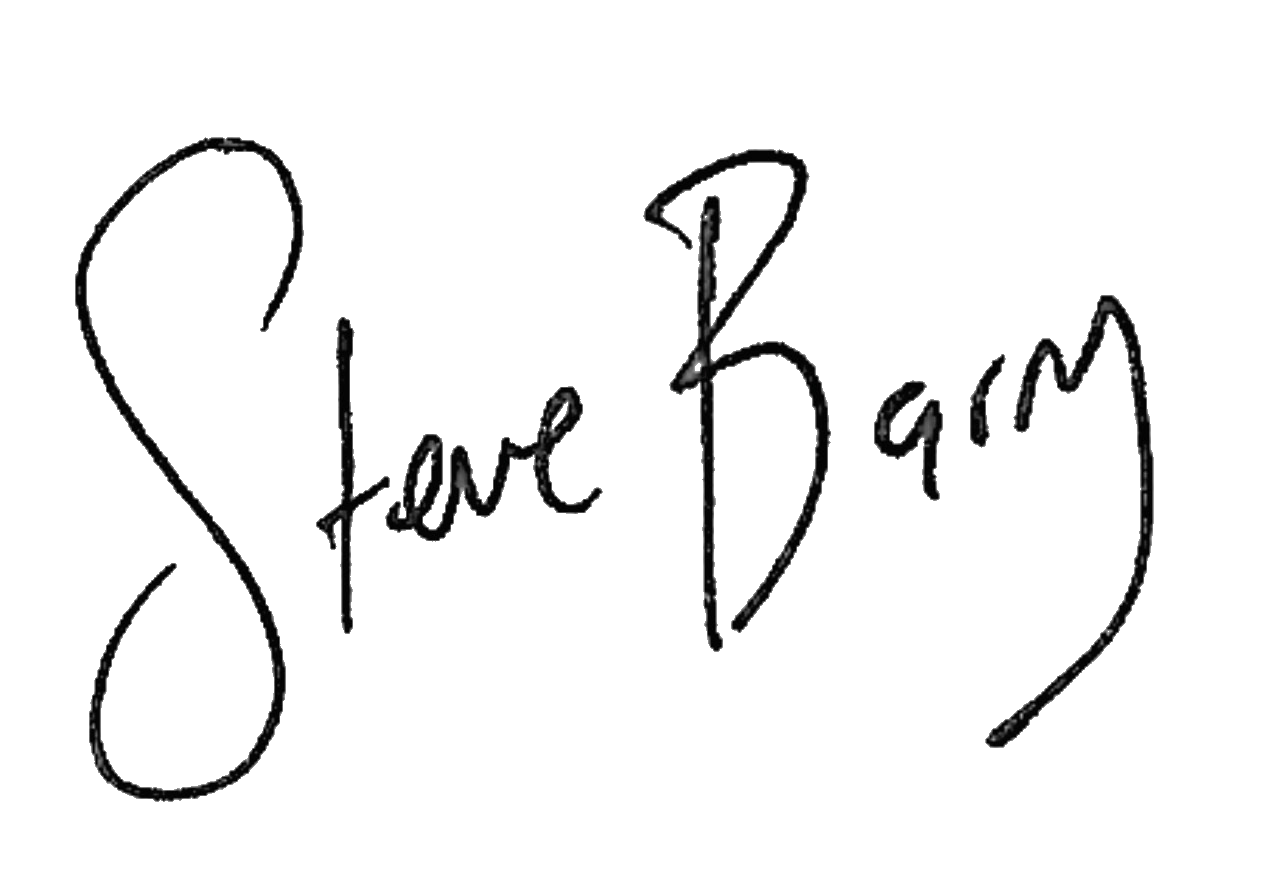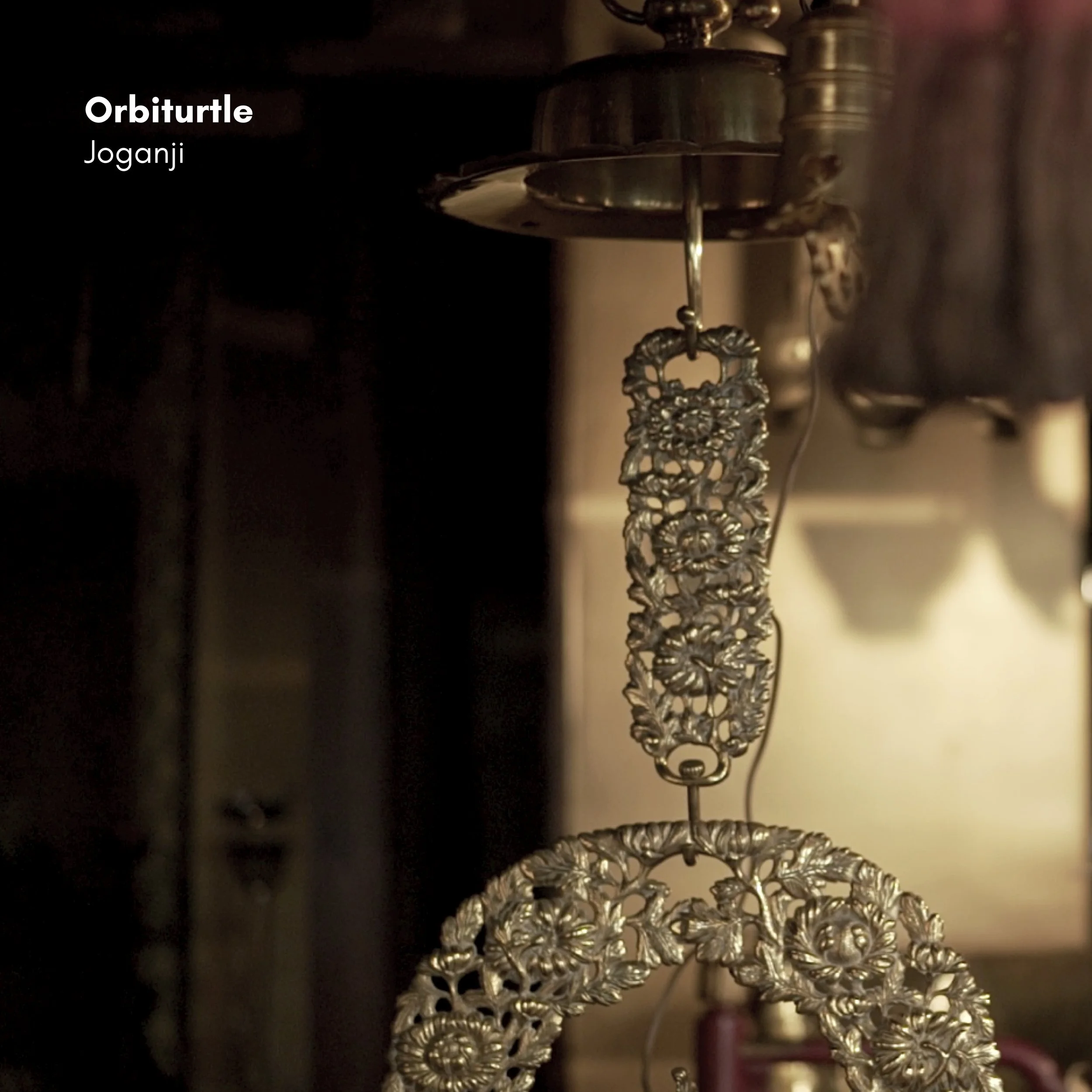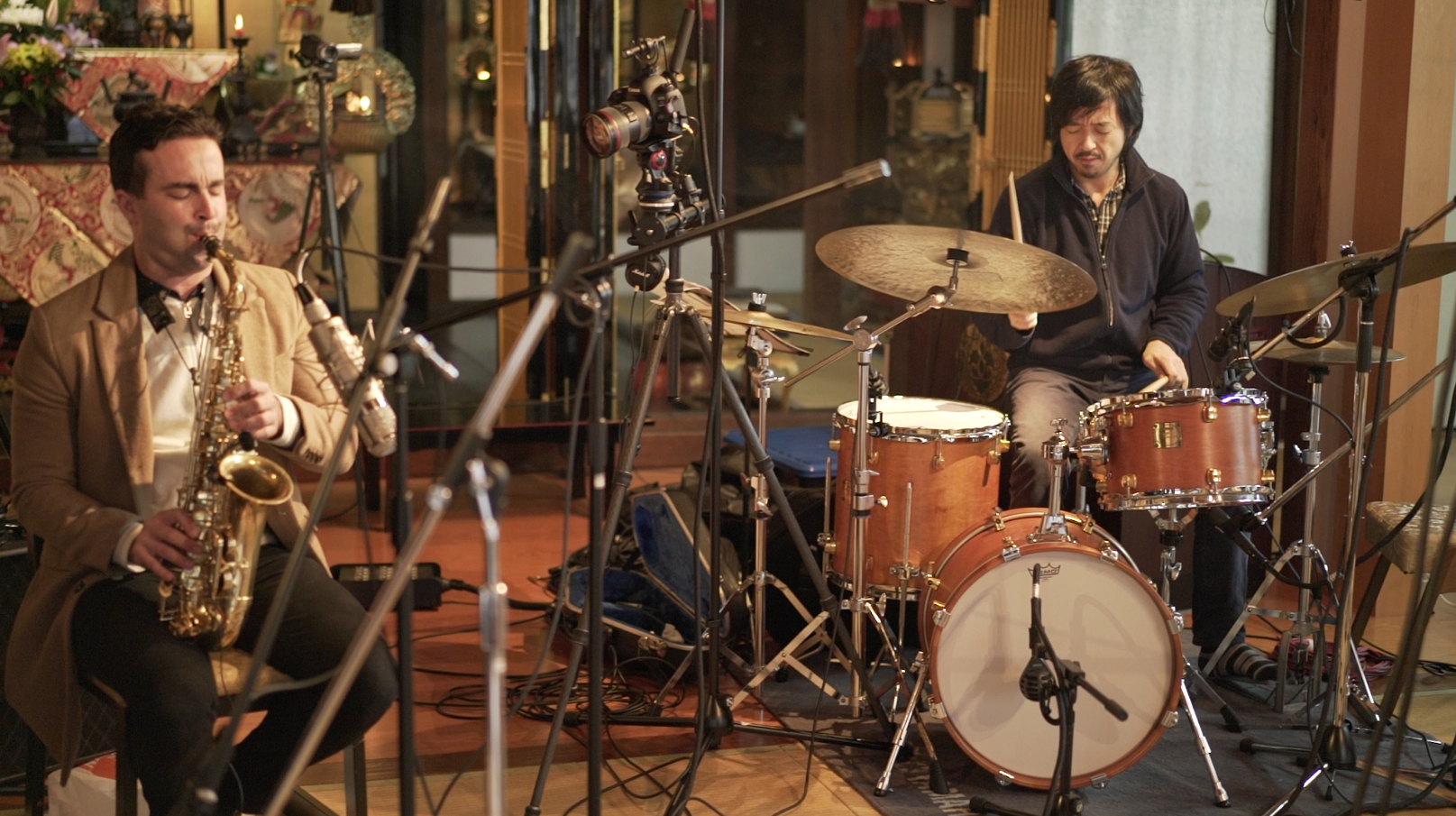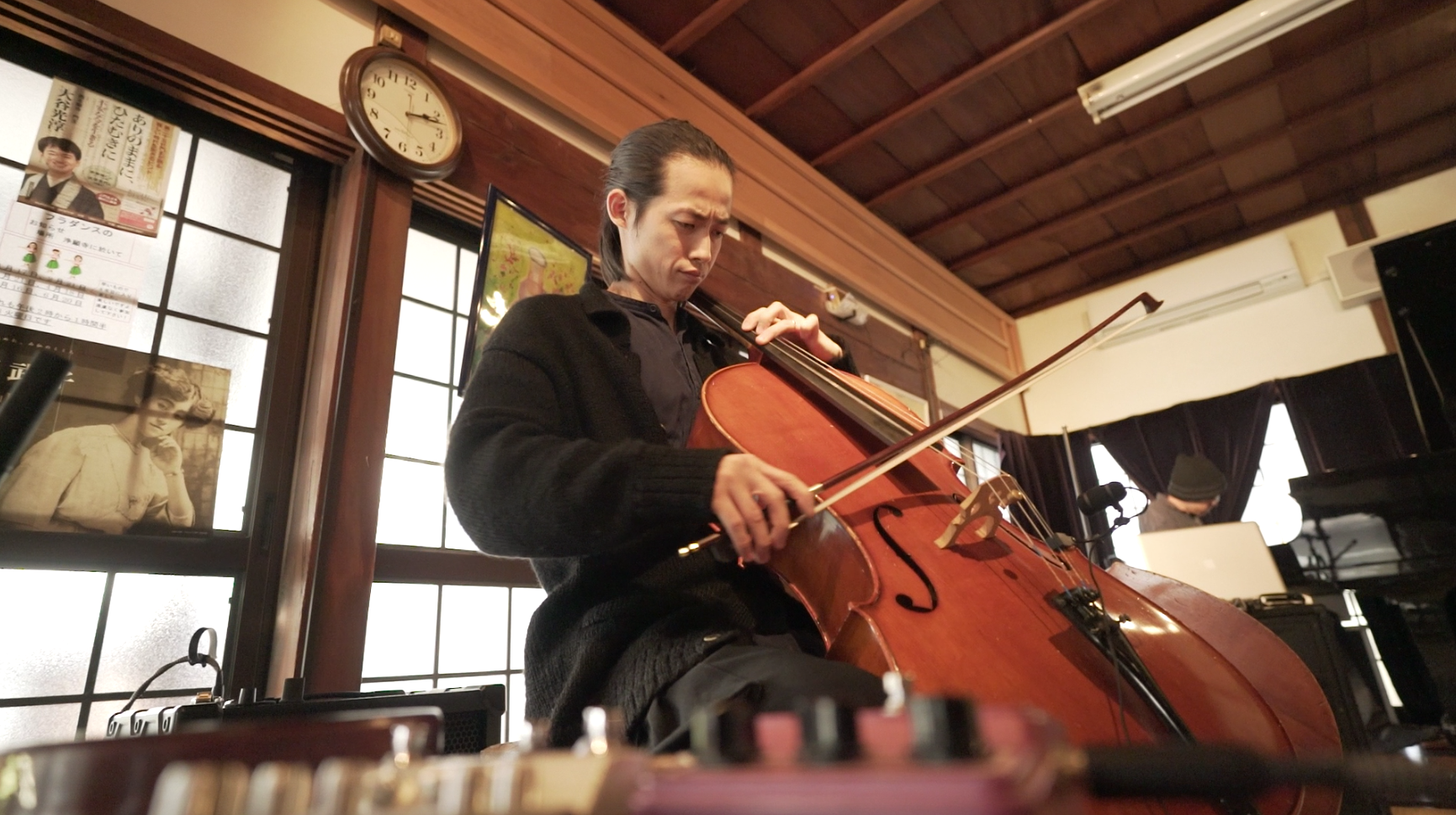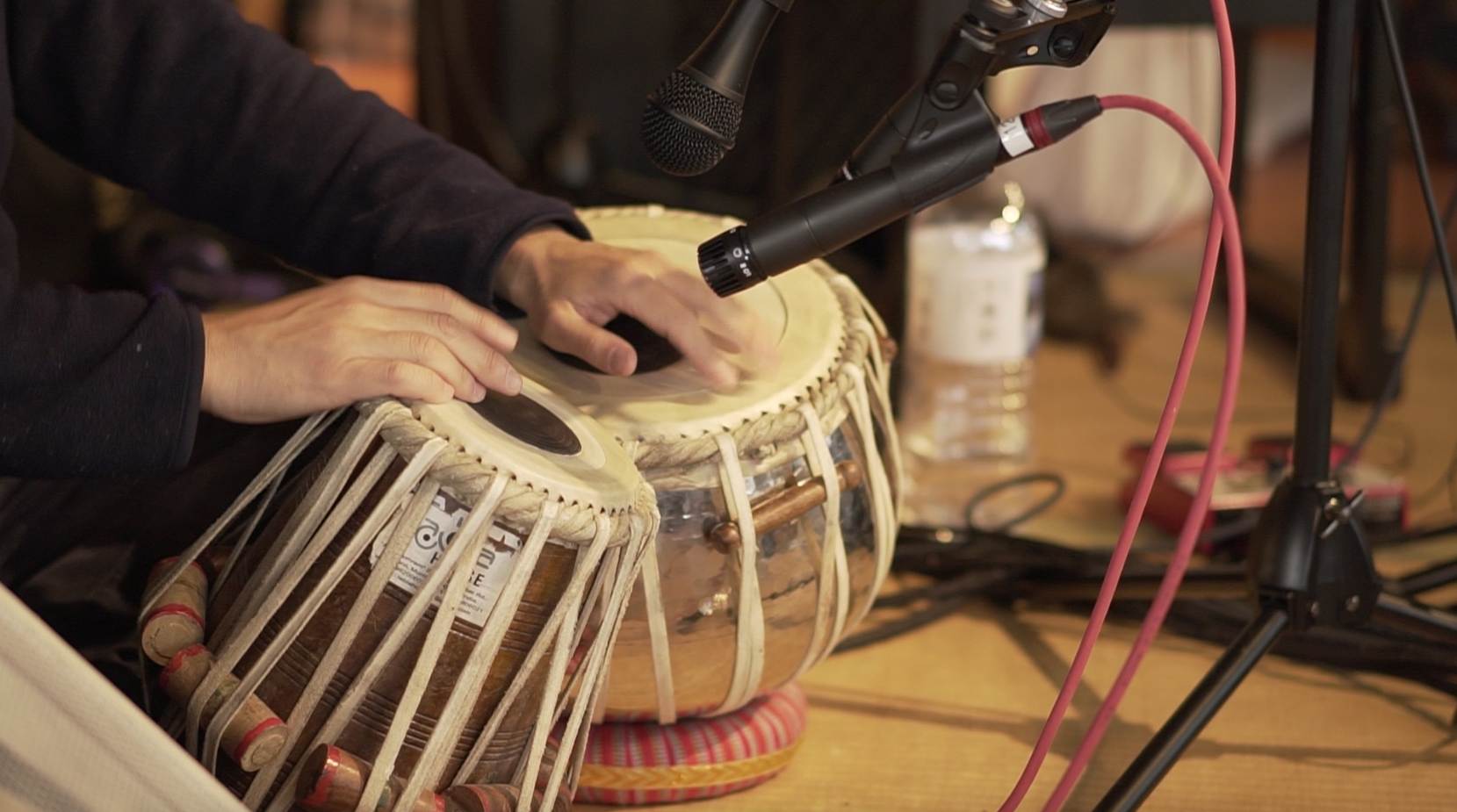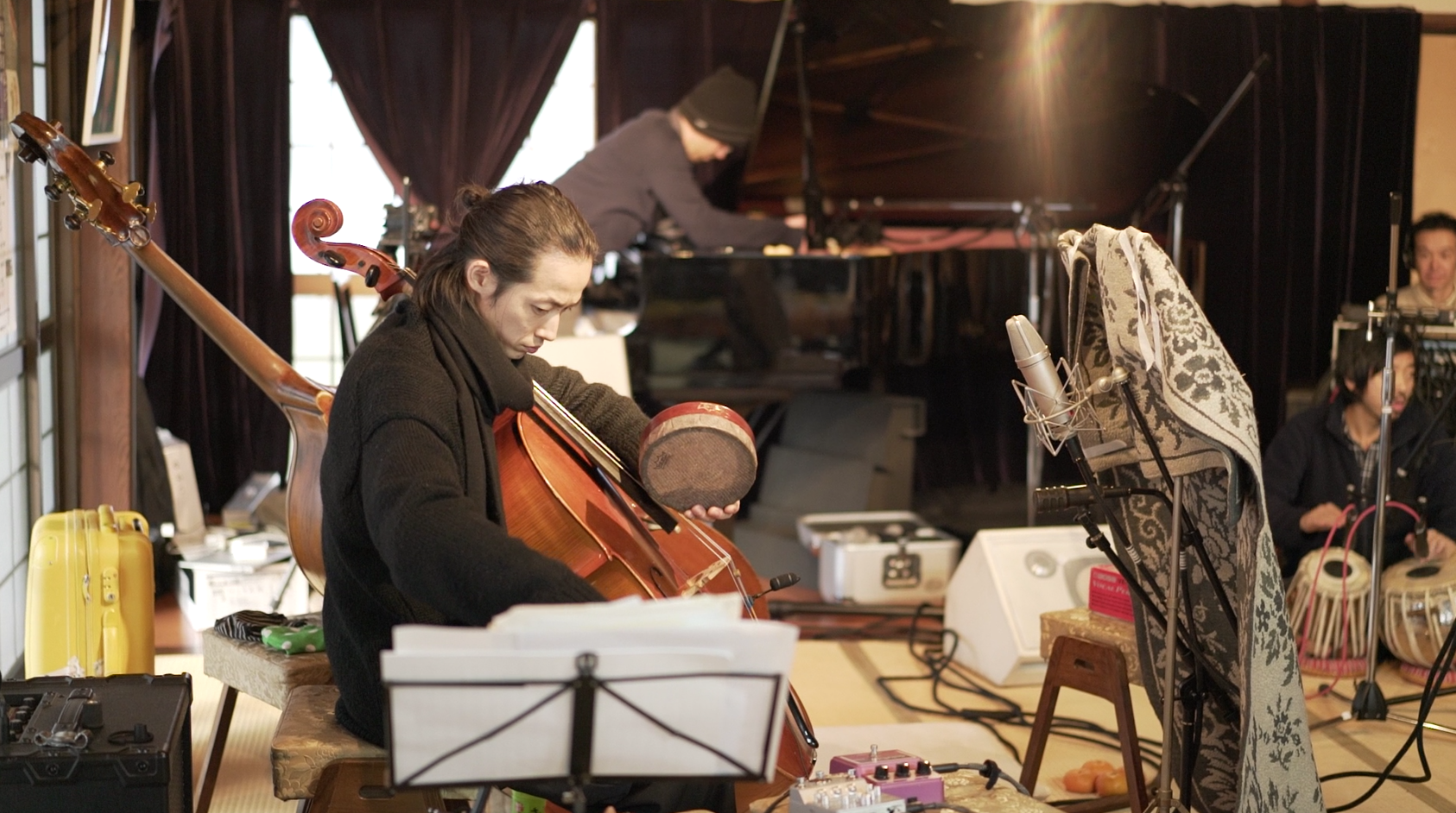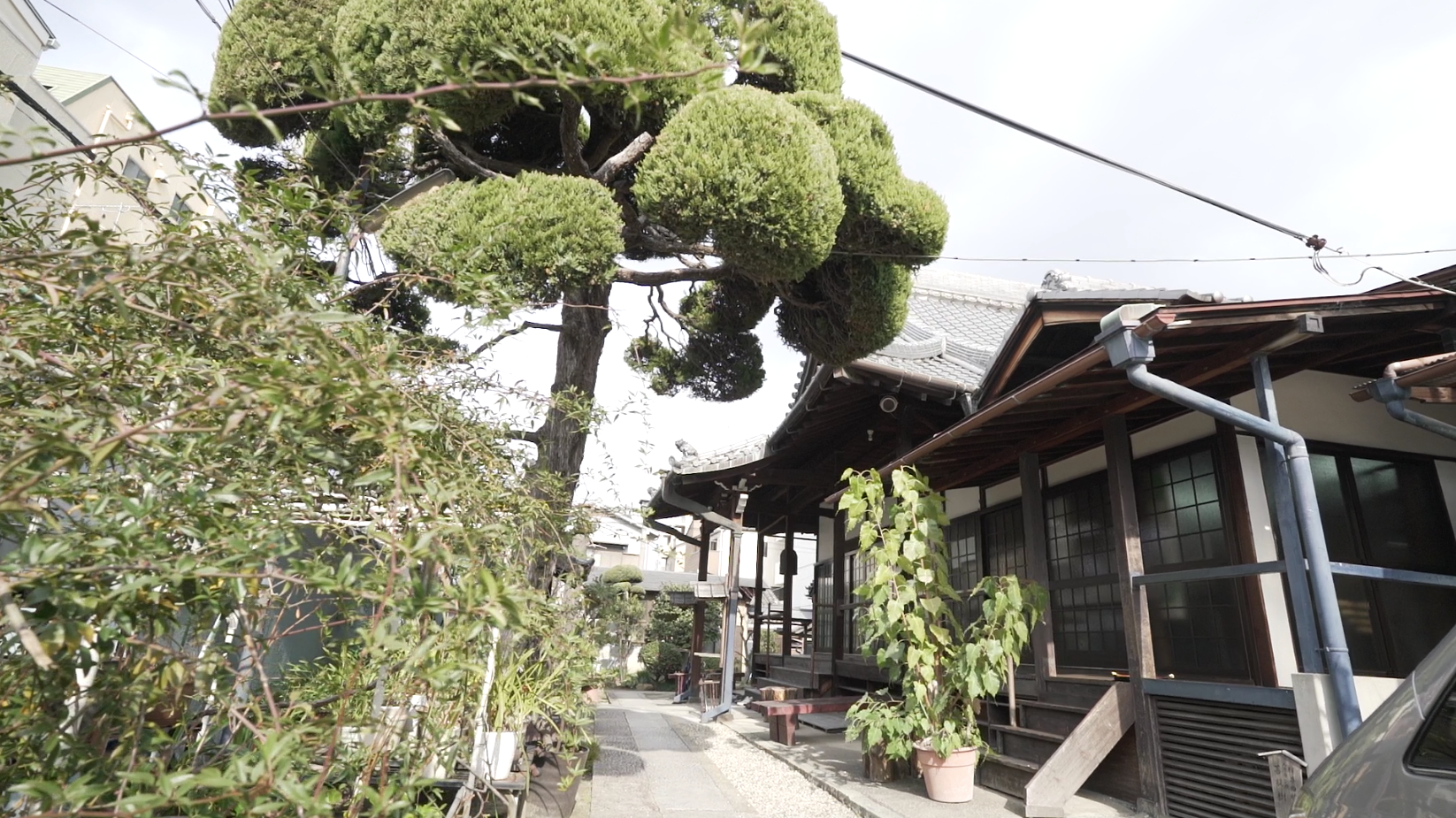
Orbiturtle: Joganji
The result of three days in residence in a Buddhist temple in Osaka, Japan, Joganji is a convergence of Japanese, Indian, and Antipodean musical identities, featuring the acclaimed koto player Michiyo Yagi.
“Sections of fragile minimalism evoke the monochrome landscape of the Japanese countryside in winter, while loud and chaotic periods pay homage to the both disturbing and comical deities and kabuki-style masks of Japanese surrealism and theatre.”
The Joganji project was supported by the Australia Council for the Arts and released in October 2018.
orbit /ˈɔːbɪt/
1) the curved path of a celestial object or spacecraft round a star, planet, or moon, especially a periodic elliptical revolution. 2) an area of activity, interest, or influence.
turtle /ˈtɜː(r)t(ə)l/
Frequently depicted in popular culture as easygoing, patient, and wise creatures. Due to their long lifespan, slow movement, sturdiness, and wrinkled appearance, turtles are an emblem of longevity and stability in many cultures around the world.
Liner Notes
Orbiturtle began as a straight-ahead jazz project, born out of two visits to Japan to record with the acclaimed Japanese bassist and elder statesman of the Japanese scene, Yoshio Suzuki (formerly of Art Blakey’s Jazz Messengers, Sonny Rollins, Stan Getz, etc). At the end of one of these trips, we played two completely impromptu sets of free improvisation at Tokyo’s Pit Inn with a sextet of Japanese colleagues, and we were all surprised by the organic flow and vitality we discovered improvising together. At the same time, during each of our individual international travels (Ko’s annual pilgrimages to India to study tabla, Steve’s time in India and East Asia, Dave’s many months traveling through Europe and working in artist management), we encountered dozens of musicians working in just this vein, solo pioneers in their own way weaving the threads of collaboration between eastern & western musical cultures.
Inspired, we founded Orbiturtle to both connect these disparate microcosms of activity and to facilitate and promote cross-cultural dialogue within the arts, by curating new collaborations that explore the intersections of east & west, the sacred & secular, and ancient & modern art, music and philosophy – discourses that are becoming increasingly prevalent and important in the globalised world. It’s a grand ambition, but one driven by the notion of 1+1=3 – that together our sum can be greater than our parts, particularly in a challenging contemporary arts economy affected by content saturation and free music streaming.
As a convergence of Japanese, Indian, Australian and New Zealand musical identities, and rooted in the ‘Amercian’ jazz and ‘European’ classical traditions, Joganji follows in the footsteps of the countless transnational and transcultural arts collaborations that have burst forth since the mid-20th century. Joganji is the second in a series of projects entitled Sacred Sites & Sounds, which explores the role and interactivity of space with improvised or semi-structured music.
By applying contemporary techniques (electronics, wall-of-sound improvisation, etc.) the koto and collaborating with leading figures of the experimental music world, Michiyo Yagi typifies this nexus between east and west, and the traditional and the modern. We were thrilled she accepted our invitation to work together.
The aim of the Joganji project was to spend a period of focussed time in residency, both to develop a rapport as an improvising ensemble and ultimately to produce a body of recorded work reflective of that process. The Joganji Buddhist Temple in Osaka was the obvious choice of location – we had all performed at the temple at various stages (which runs a busy schedule of concerts, talks and workshops) and the serene atmosphere of both the temple room (complete with its flower-adorned golden shrine), its lush surrounding gardens, bustling local village and the profound hospitality and generosity of the temple master Kouno-san made it the perfect space for creative work.
This album is therefore the result of three days full to the brim with collective improvising, recording and discussion over bento box lunches. Given the improvised nature of the collaboration, we decided to let the programming of the residency take shape organically rather than adhering to a pre-set agenda. Each day thus assumed a somewhat free-form series of improvisations of various lengths from three minutes to half an hour, most followed by a discussion: which sections or approaches we felt worked or where there was opportunity for refinement, suggestions for basic arrangement structures or orchestrations, timbral palates, and so on. As a result, we quickly discovered an easy synergy that continued to deepen throughout the residency and into the subsequent public concerts – likely aided by the broad tonal possibilities of our instrumentation and the multidisciplinary nature of our collective backgrounds. Interestingly, we found that introducing pre-composed music to the mix actually negatively impacted this flow and led to less successful musical outcomes.
Each group performance also took on a richly conversational spirit. Just like verbal conversation, the success of group free improvisation is often affected by the personal affinity shared between the members of the ensemble, and the capacity of each member to respond spontaneously and empathetically to the decisions or statements made by the other members. With this in mind, our three days in residence were buoyed by the many meals, drinks and conversations we shared outside the temple – in particular through the late-night, post-live-gig hang outs and all-you-can-eat hot-pots that are a typical part of the Japanese scene.
It was chilly with scatters of snow in Osaka during our stay, and the improvisations on this recording occasionally hint at this influence and other ever-present aspects of Japanese culture and spirituality; sections of fragile minimalism evoke the monochrome landscape of the Japanese countryside in winter, while loud and chaotic periods reflect the disturbing deities and masks of Japanese surrealism and theatre we frequently encountered. Staying in the temple, Steve and Dave also woke each morning to sunlight filtering through the white-dusted trees of the interior garden – encapsulated in the Japanese word komorebi (木漏れ日); the improvisations of this album similarly render a multitude of shades of light and colour, from the sweet to the sinister.
Between the many hours of recordings, several successful live performances and the innumerable insights that emerged by playing together, Joganji yielded far more plentiful and diverse fruit than any of us anticipated.
We look forward to the next iteration, and hope you enjoy listening to this music as much as we grew creatively making it.
Steve Barry, Dave Jackson & Ko Omura
Orbiturtle Co-founders, October 2018.
